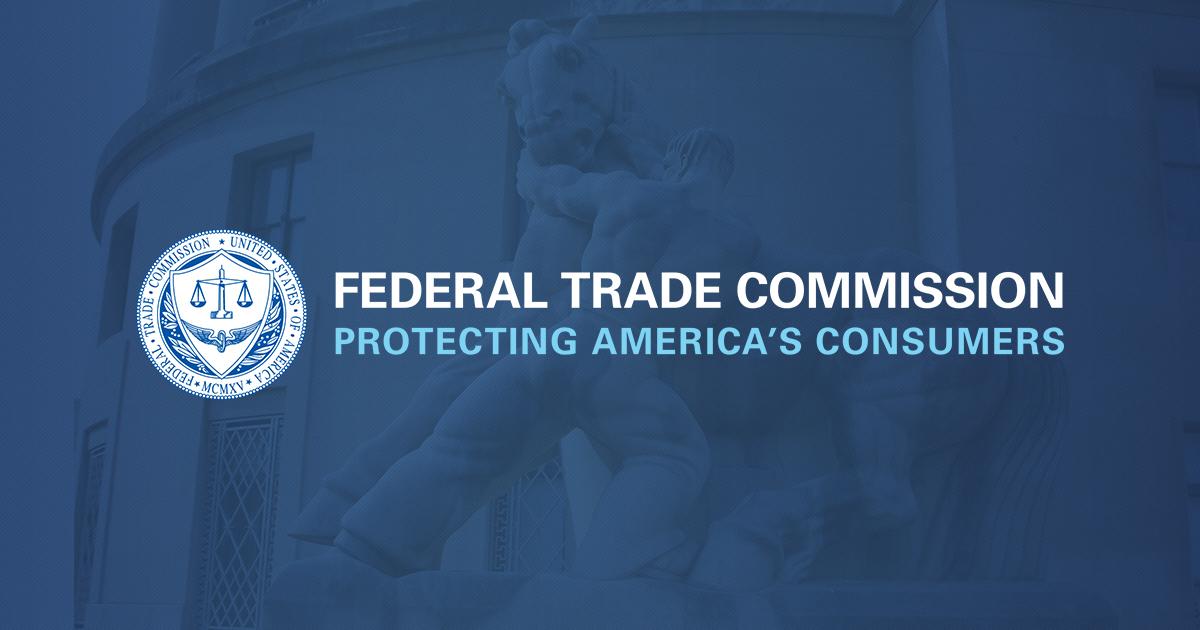Fortiline, LLC, a company that distributes ductile iron pipe, fittings and accessories throughout much of the United States, has agreed to settle Federal Trade Commission charges that it violated federal antitrust law by inviting a competitor to raise and fix prices. This is the first case where the FTC has challenged an invitation to collude by a firm that is both a direct competitor with, and a distributor for, the invitee.
According to an administrative complaint filed by the FTC, on two occasions in 2010, Fortiline invited a competing firm, which mainly manufactures ductile iron pipe but also engaged in direct sales to contractors, to collude on pricing in North Carolina and most of Virginia. In some areas, Fortiline competes with this firm – identified in the complaint as “Manufacturer A” – by distributing ductile iron pipe (“DIP”) products made by another DIP manufacturer, identified as “Manufacturer B.” In other areas, Fortiline distributes the product of Manufacturer A.
Manufacturer A offered lower prices to contractors in order to entice them to buy direct, and to forgo distributor value-added services – such as coordinated deliveries of multiple products and quick correction of any errors or omissions in deliveries. In response, Fortiline and other distributors, along with their manufacturers, reduced their own prices in order to compete against Manufacturer A. The FTC’s complaint alleges that on two occasions when Fortiline was competing with Manufacturer A, Fortiline communicated an invitation to collude on DIP pricing.
In a Feb. 12, 2010 e-mail to Manufacturer A, Fortiline conveyed the company’s dissatisfaction with Manufacturer A’s low pricing in North Carolina and most of Virginia, and its preference that both Fortiline and Manufacturer A bid higher prices to contractors.
During a trade association meeting on Oct. 26, 2010, Fortiline again complained to Manufacturer A that Manufacturer A had sold direct to a Virginia customer, and that this price was “20% below market.”
In substance, both these communications relayed Fortiline’s dissatisfaction with Manufacturer A’s lower pricing to contractors, and its preference that both Fortiline and Manufacturer A submit bids to contractors using the same higher pricing.
The proposed consent order prohibits Fortiline from entering into, attempting to enter into, or inviting any agreement with any competitor to raise or fix prices, divide markets, or allocate customers.
Details about the case are set forth in the analysis to aid public comment for this matter. The Commission vote to issue the complaint and accept the proposed consent order for public comment was 2-1, with Commissioner Ohlhausen voting no on the proposed consent order and issuing a dissenting statement.
The FTC will publish the consent package in the Federal Register shortly. The consent agreement will be subject to public comment for 30 days, beginning today and continuing through Sept. 8, 2016, after which the Commission will decide whether to make the proposed consent order final. Comments can be filed electronically or in paper form by following the instructions in the “Supplementary Information” section of the Federal Register notice.
NOTE: The Commission issues an administrative complaint when it has “reason to believe” that the law has been or is being violated, and it appears to the Commission that a proceeding is in the public interest. When the Commission issues a consent order on a final basis, it carries the force of law with respect to future actions. Each violation of such an order may result in a civil penalty of up to $40,000 per day.
The Federal Trade Commission works to promote competition, and protect and educate consumers. You can learn more about how competition benefits consumers or file an antitrust complaint. Like the FTC on Facebook, follow us on Twitter, read our blogs and subscribe to press releases for the latest FTC news and resources.

